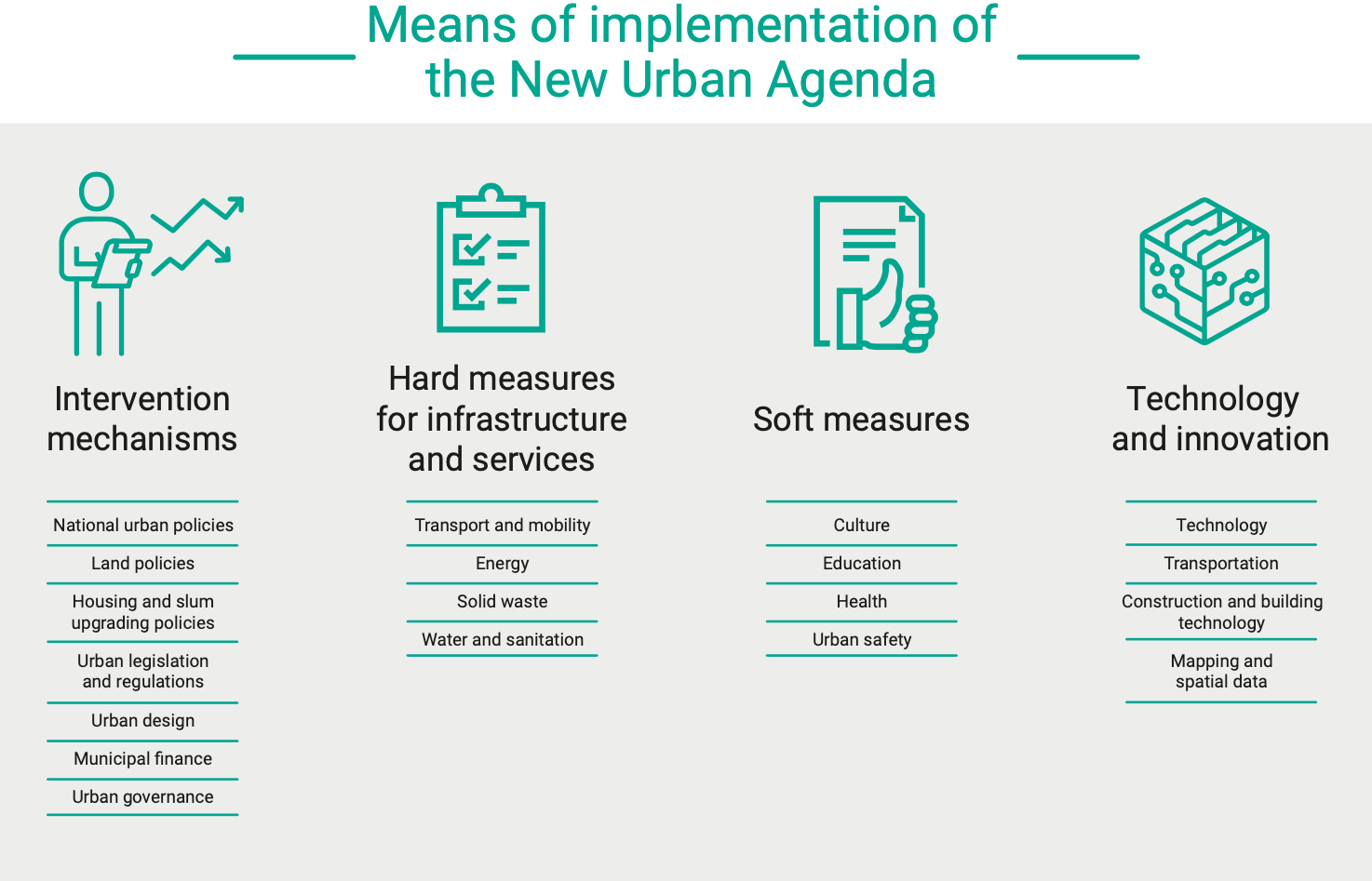Nairobi, 13 September 2021 – Cities and communities around the world are increasingly pondering whether they will have to cope with recurring bouts of COVID-19 variants or if they will be able to consider a “new” rather than “back to” normal as infections and hospitalisations go down in their areas.
In either scenario, policymakers and officials need to not only entertain new concepts on how to advance their national and local urban policies but also be able to learn and debate them in an online and interactive format that fits today’s “normal.”
UN-Habitat, with its vision of “a better quality of life for all in an urbanising world,” is enabling a broad target audience of interested parties in sustainable urbanisation – public civil servants, mayors, local government officials, architects, urban planners, NGO workers, volunteers, and employees of international organisations – to achieve the above-mentioned goals.
Building on the New Urban Agenda (NUA) Illustrated handbook released in 2020, UN-Habitat’s Capacity Development and Training Unit launched the first NUA online course in October 2020, which introduced the participants to core conceps such as social, environmental, spatial, and economic sustainability.
Based on 70 survey responses from participants in the first course and equipped with more functionalities, UN-Habitat has launched the second module of the self-paced course, which like the previous one is open to all for registration.
Unveiling the second portion of the New Urban Agenda Illustrated toolkit at this time also coincides with the World Habitat Day and World Urban Cities Day celebrations in October, in which UN-Habitat highlights themes such as city resiliency, reversing climate change by adopting green mobility and urban development.
“The second part of the New Urban Agenda Illustrated Toolkit provides a clear understanding about the means of implementation of the New Urban Agenda to accelerate the achievement of the Sustainable Development Goals. With urban areas at the epicentre of the COVID-19 pandemic, sustainable urbanisation is more important than ever,” said Raf Tuts, UN-Habitat’s Director of Global Solutions Division.
“The interactive online format of the New Urban Agenda online course makes it particularly well suited to reach urban practitioners and the general public at a time when possibilities for in-person training are limited,” he added.
The new online module includes the tools, techniques and specific actions that cities and city stakeholders can use at national, subnational and local scales to scope, plan, finance and implement strategies to achieve social, economic, environmental and spatial sustainability.

Complementing the topics addressed in the first module, the second course delves into implementation issues such as intervention mechanisms; hard measures for infrastructure and services; soft measures; and technology and innovation.
The New Urban Agenda Illustrated Toolkit will be further scaled up through translation into the official UN languages, with the Arabic and Spanish versions ready for launch later this year. The toolkit will also serve as the base for more targeted interventions that take global findings related to the New Urban Agenda down to a local level.